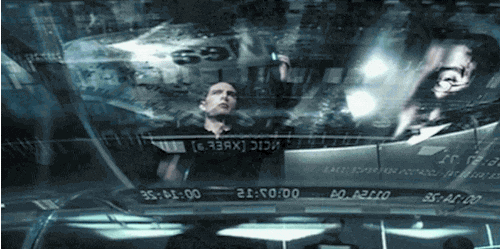The film "Minority Report," released in 2002, directed by Steven Spielberg, has had a significant impact on the world of technology. The movie is set in a future where law enforcement uses pre-crime technology to apprehend criminals before they commit any crimes. This concept was revolutionary at that time and sparked many discussions about privacy rights and surveillance.
One of the most notable aspects of Minority Report's influence on technology is its portrayal of user interfaces. The film showcased holographic displays, touch-based controls, and voice recognition systems which are now commonplace in our daily lives. Smartphones, tablets, and even smart home devices use similar technologies to interact with users seamlessly.
Another area where Minority Report had an impact is biometric identification. In the movie, characters were identified using iris scans - a technology that was still experimental at the time but has since become widely used in various industries for security purposes. Fingerprint recognition and facial recognition are now common methods of authentication, thanks partly to this film's influence.
In conclusion, "Minority Report" may have been set in a dystopian future, but it has had far-reaching effects on our present reality. Its visionary concepts about technology continue to shape the way we interact with devices and systems today.
